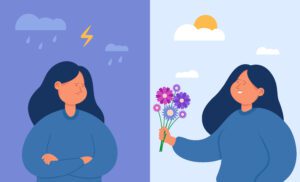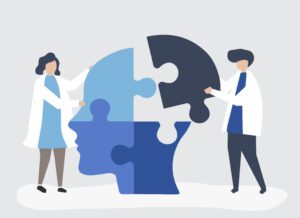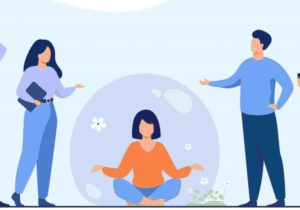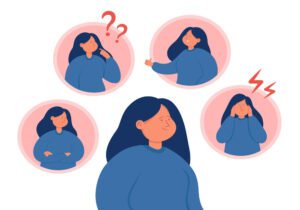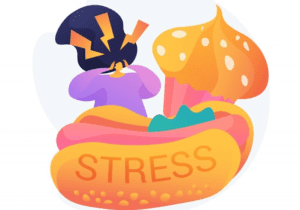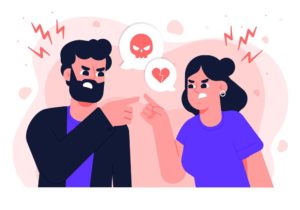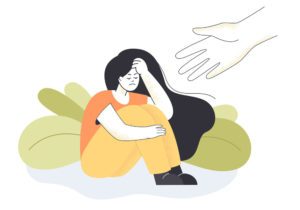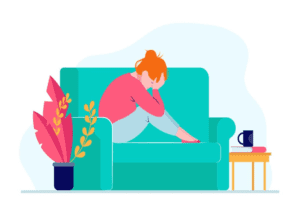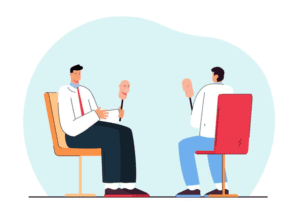Health Effects of Untreated Depression
This article has been researched and written by Nayla Daou. AI has not been used in producing this article.
It’s very common to feel sadness at one point or another in our life. Depending on your specific circumstances, you may even feel like your life does not have meaning or like you are a failure in some aspects of life. When these feelings become continuous or incapacitating, you or your loved one may be suffering from depression. When left unmanaged, depression can impact your physical health, mental health, and emotional well-being.
In this article, we are going to take a look at the common characteristics of depression, and how they impact your physical, emotional, and mental well-being.
What is depression?
According to the World Health Organization (WHO), depression impacts more than 264 million people globally. Unlike common temporary changes in mood, when left untreated, depression can cause physical and other mental health problems. Common types of depression include Major Depressive Disorder, Persistent Depressive Disorder, Recurrent Depressive Disorder, Seasonal Depression, and Bipolar Affective Disorder.
Although common, depression is a serious medical condition that negatively impacts the way you think, feel, and how you act. Depression can cause feelings of sadness or a loss of interest in doing things that once brought you joy. Additionally, untreated depression increases the chance of risky behavior, such as alcohol or drug addiction, and it can negatively impact your relationships.
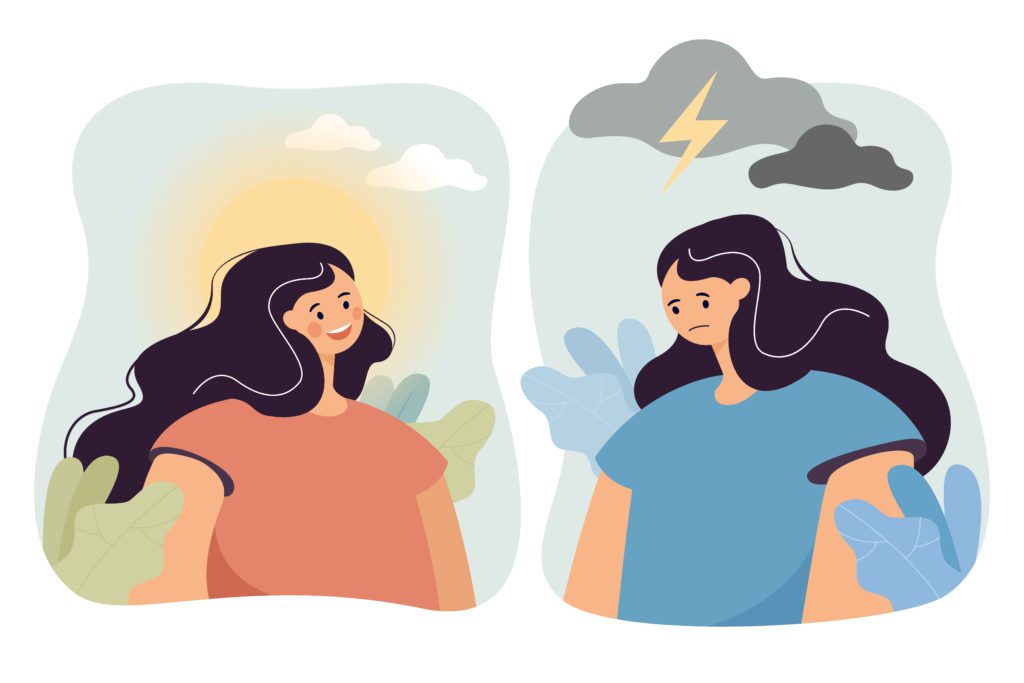
How does untreated depression affect physical health?
Untreated depression can become debilitating, negatively impacting your physical health. While the physical symptoms of depression typically manifest over time, they may develop with little to no warning. In fact, many people with depression do not associate their physical ailments with their depression.
Physical characteristics of untreated depression include:
- Chronic pain
- Cramps
- Headaches and migraines
- Gastrointestinal issues (such as nausea, vomiting, or diarrhea)
- Difficulty falling or staying asleep
- Changes in weight or appetite
- Decrease sex drive or dyspareunia (pain during sexual intercourse)
- Increased chance of autoimmune disorders
Depression can also increase your risk of developing other physical conditions, such as coronary disease or a stroke. For example, a 2014 literature review suggested a link between depression and a greater chance of developing myocardial infarction and coronary heart disease.
Psychosocial effects of depression
When left untreated, the impact of stress on the brain can impact your emotional well-being. Over time, this can impact your personal and professional activities and relationships. Individuals who live with unmanaged depression often notice a decline in productivity, attention span, and memory performance. Depression can also lead to isolation, as forming social connections may leave the individual feeling overwhelmed and drained.
Other psychosocial characteristics of untreated depression include:
- Overwhelming feelings of sadness, anger, or irritability
- Feeling helpless, hopeless, worthless or feelings of guilt
- Lack of interest in things that once brought joy
- Trouble concentrating
- Constant thoughts of suicide or death
- Withdrawing from family and friends
- Persistent sadness or anxiety that’s not associated with a specific event
- Difficulty planning or deciding
- Persistent negative thoughts
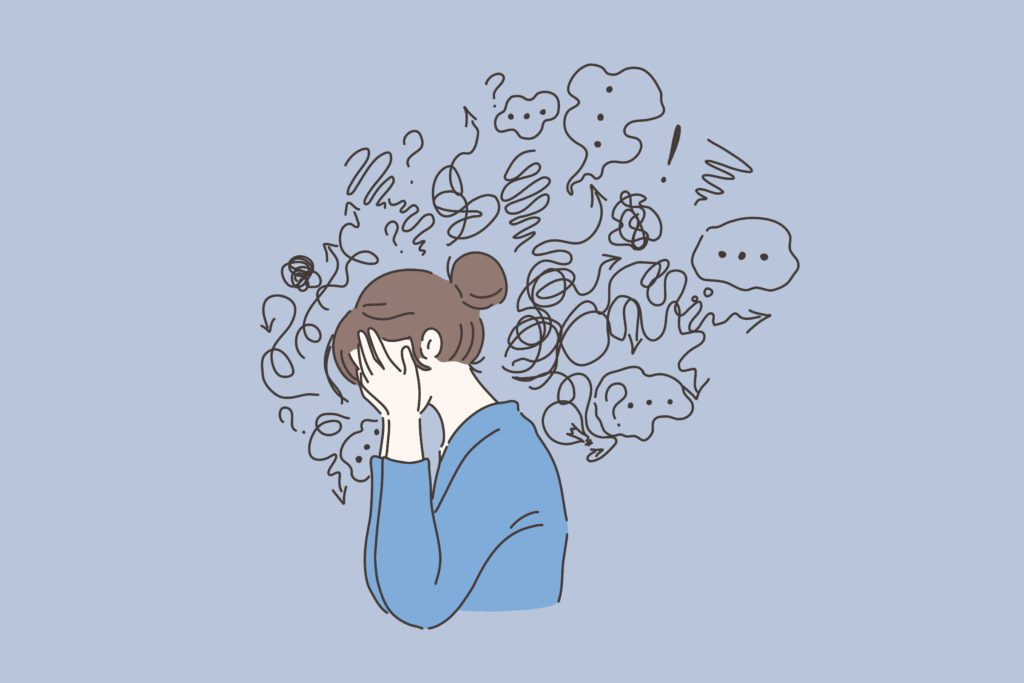
Can the effects of depression be treated?
With intervention, depression is completely treatable, and full recovery is possible. The key is to treat your depression as early as possible. For those individuals who have experienced untreated depression for longer periods of time, some side effects may not be reversed. For example, chronic inflammation associated with untreated depression may cause irreversible physical change. However, this is not always the case. For most people, the symptoms and effects of depression can be treated and reversed.
If you suspect you or a loved one have depression you should consult with your health care provider or seek the help of a mental health professional. In particular, a therapist can help reduce the effects of your depression on your body and mind. Intervention can also help manage current symptoms of depression and prevent them from recurring. Depression can be treated with therapy, medication, or a combination of both.
While treating depression is advisable in every case, it becomes a priority if you:
- Think about hurting yourself or someone else
- Have suicidal thoughts or fantasies
- Lack the energy and motivation to complete daily tasks (such as showering, taking care of your children, going to work, etc.)
- Experience chronic or worsening symptoms
Explore your depression treatment options with ClearMinds
At ClearMinds, we believe that, with the right tools and support, we all have the ability to live happy and fulfilling lives. However, we also recognize daily living can feel stressful, disappointing, challenging, and overwhelming. If you or someone you know is struggling with depression, we can help. Our qualified therapists work with individuals looking to find a life free of depression. We create a safe and welcoming environment where our clients can freely express themselves without feeling judged or criticized. You do not have to face your depression alone.
Reach out to schedule your consultation today.
Depression vs Sadness: Understanding the Difference
While often used interchangeably, the terms “sadness” and “depression” represent distinct emotional states, each with …
5 Simple Mental Health Practices for Your Everyday Life: Nurturing Your Body & Mind
In today’s fast-paced world, it’s becoming increasingly evident that we need to place our mental health at the forefront
Ways to Reduce Anxiety in 2024
As we say farewell to 2022 and usher in the New Year, we look towards the future. With New Year’s resolutions on the docket, many of us are striving to achieve a calm life of meaning and fulfillment. At Clearminds we …
Navigating Compassion Fatigue in the Digital Age: A Call to Prioritize Mental Well-Being
Amid the constant stream of information and images that flood our screens, the toll on our mental well-being can be …
The Link Between Anxiety and Overeating
All of us have encountered moments of stress and unease throughout our lives. These feelings of anxiety not only bring…
10 Steps To Fix A Toxic Relationship
Every relationship has its fair share of ups and downs, but when toxicity creeps in, it can become a serious challenge. Toxic relationships can be emotionally draining and detrimental to our overall …
Exploring the Benefits of EMDR Therapy for Anxiety and Depression
Anxiety and depression are two of the most common mental health disorders worldwide, affecting millions of people every year. While traditional talk therapy and medication can be …
Health Effects of Untreated Depression
It’s very common to feel sadness at one point or another in our life. Depending on your specific circumstances, you may even feel like your life does not have meaning or like you are a failure in some …
Psychologists vs. Psychiatrists – What’s the Difference?
Clients shouldn’t have to jump through hoops to understand who the perfect candidate is for treating their emotional and/or behavioral struggles. Yet, understanding the type of provider you should see during …
Gentle Parenting: What is it and How to Try it Yourself
When it comes to raising children, no one has all the answers. Every parent and child have unique challenges and needs. Navigating these individual circumstances along with ever-changing environments, such as school …
- « Previous
- 1
- 2
- 3
- 4
- Next »

